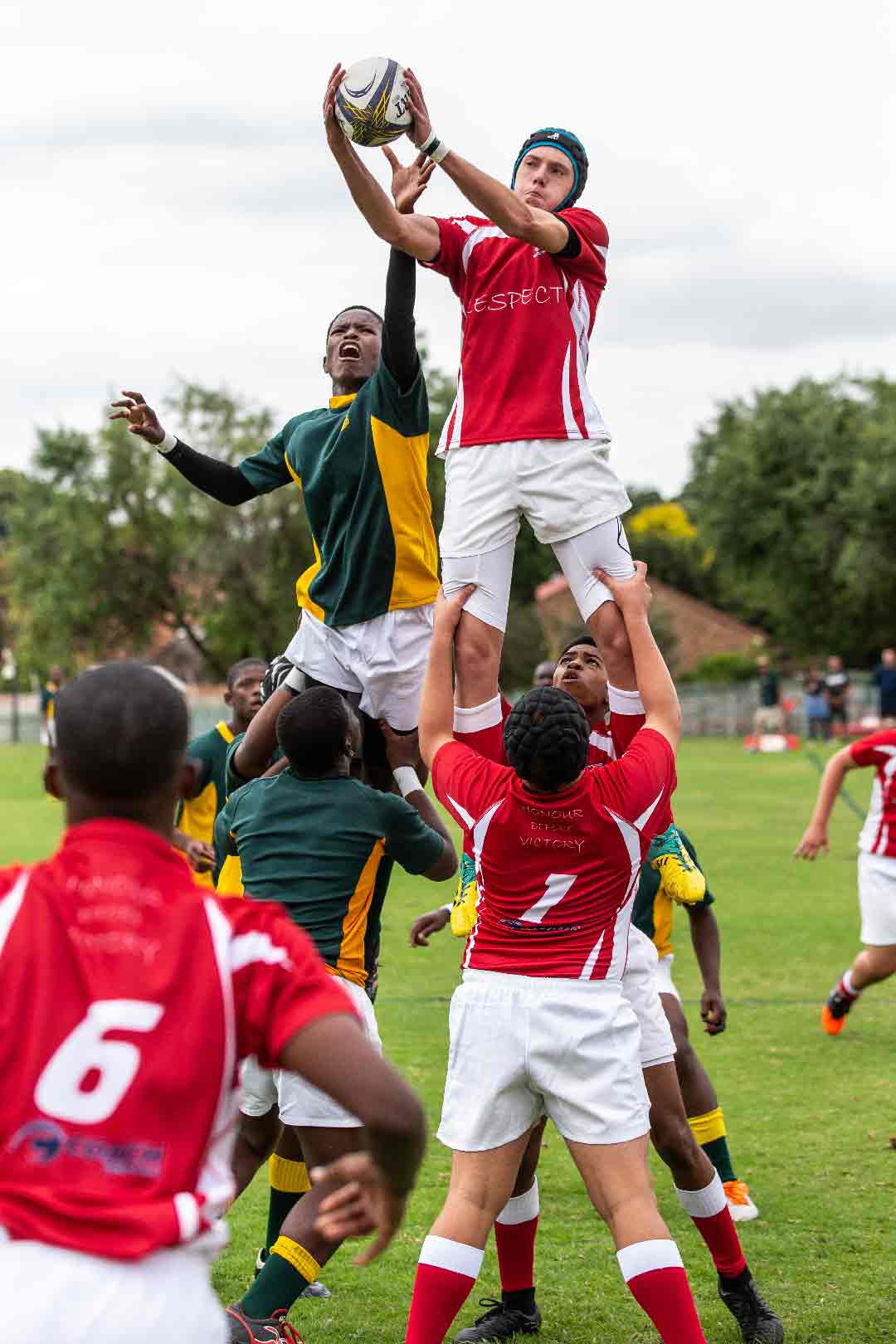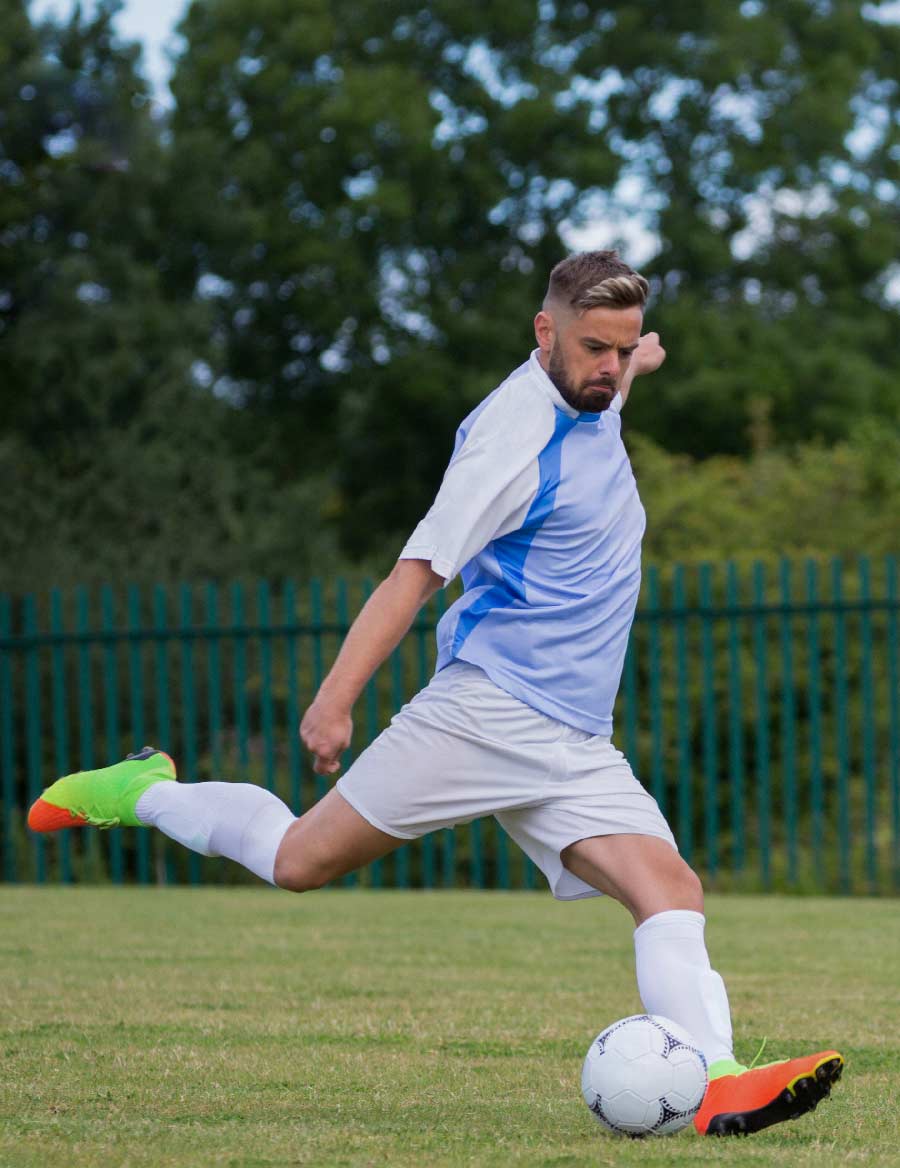Initial Steps to Recovery
Concussion is a traumatic brain injury induced by biomechanical forces, which may be caused either by a direct blow to the head, face, neck or elsewhere on the body with an impulsive force transmitted to the head.
Rest in the early phase of the injury, especially in the first 24-48 hours, plays a crucial role in recovery. New evidence suggests however that getting physically active early (after an initial 1-2 days of rest) may facilitate a quicker recovery.
Early exercise in this case may be as easy as a daily walk and as a rule, should NOT further aggravate symptoms. Speak with your Physician before returning to sport or any activity that poses a risk of head contact.
Concussions may also require a level of cognitive rest in the early stages. Tasks requiring attention, concentration and visual effort require considerable energy (work) to accomplish.
Engaging in these tasks prematurely may cause symptoms to worsen and prolong recovery, which is why modifications to your school or work routines may be required.
The more energy a concussed individual spends on school tasks, work obligations, or video games, the less energy there is available to help the brain repair itself.
RETURN TO SCHOOL/WORK
A few days of absence may be required from work or school during the early phase of recovery.
In general, return to school or the workplace is highly individual and is often more successful when there is room for temporary modifications such as reduced duration, workload, or alternate task options (to limit computer work, reading, etc.).
Ask your doctor what is best for your case.
Sleep and Concussion
It is not usually necessary to have someone wake you up in the night after experiencing a concussion. Get a good night’s sleep and rest when you need in those first 24-72 hours.
After the initial rest phase it is important to maintain a healthy sleep routine.
However, try to eliminate napping altogether or keep naps short (no greater than 30 minutes) and early in the day (before 3pm).
It is more important to get a good night’s rest in the evening. Maintain a consistent bedtime, and build in time to “wind down” before bed.
AVOID
FOR 48-72 HOURS AFTER EXPERIENCING A CONCUSSION
The more energy a concussed individual spends on school tasks, work obligations, or video games, the less energy there is available to help the brain repair itself.
Current recommendations suggest eliminating the following after experiencing a concussion (48-72 hours):
- TV
- Video Games
- Texting
- Reading
- Computer-work
- The goal is to limit cognitive activity to a level that is tolerable and does not worsen or result in the re-emergence of the concussion symptoms.
As symptoms improve, try adding in short (15-min) intervals of these activities and increase duration as tolerated.
SAFE ALTERNATIVES
FOR 48-72 HOURS AFTER EXPERIENCING A CONCUSSION
In general, activities that do not require significant visual demand are often tolerated reasonably well after a concussion.
It is important to keep yourself engaged in some level of activity. Consider trying:
- Podcasts
- Audio books
- Listening to music
- Listening to a radio or TV program
- Going for a walk
- Gentle household chores (ie . folding laundry)


Concussion Rehabilitation
When should I seek further treatment?
Concussions, like any other physical injury, should be properly managed and rehabilitated – especially when symptoms persist beyond the first few days. Consider seeking help from a Rehabilitation Professional trained in Concussion Management under the following circumstances:
- Symptoms persist despite early rest
- Presence of ongoing neck pain or stiffness
- Ongoing symptoms of dizziness or visual complaints (eye pain, blurry vision )
- Further guidance needed with regard to return to school or work modifications
Recovery Timeframe
Most concussions resolve within a short time frame but some may persist up to a month or longer. A small percentage of individuals may go on to experience Post Concussion Syndrome – a term used to describe the persistence of concussion-related symptoms beyond the expected recovery time frame.
It is normal to feel frustrated, sad, or angry during your recovery because you cannot return to sports, work, or academic activities right away.
Keys to Recovery
After a sports concussion physical and mental (e.g. cognitive) rest are keys to recovery, says Dr. William P. Meehan, which means no video games, homework, or other activities that tax the brain and force it to work extra hard.
It is normal to feel frustrated, sad, or angry during your recovery because you cannot return to sports, work, or academic activities right away.
Deciding to Return
When it is safe for a youth or high school athlete to return to play contact or collision sports after symptoms of concussion clear depends on many factors, says Dr. William Meehan, including the athlete’s age, baseline test data, time symptoms take to clear and severity, and concussion history. Once symptom free, it is recommended that each athlete undergo a graduated program of exercise testing.
Similar to weight training, athletes recovering from a concussion should not skip to 100% exertion from 0% in a short time frame. Physical exertion testing is important not only for physical re-conditioning, but to guard against symptom relapse and help prevent premature return-to-sport. It is well known that concussive symptoms can be aggravated with exercise and even though you may feel well, running, jumping, or stick handling are things that may cause your symptoms return.
The return-to-play process is gradual. The first stage typically involves light cycling or jogging to elevate your heart rate a moderate amount. If no symptoms are aggravated either during or for 24 hours after this exercise session, you may progress to a more difficult workout routine.
Eventually you may advance to on-field or on-ice practice and finally full game play (with proper medical clearance). The whole process could take anywhere from 5 days to 2 weeks depending on your specific situation or the stipulations of your governing sport organization. At any time if your symptoms return, you must return to a lower level exertion (or modified activities) depending on the advice of your health professional.
Please note: The above list is not exhaustive nor does having one or more of these symptoms mean that someone has a concussion. It is merely a guide to possible concussive symptoms. It is important to seek medical attention.
Be mindful and remember that if you suspect a head injury/concussion that you should consult a medical professional, preferably one that has experience with concussions and return-to-play.
Shift Concussion Management
Shift Concussion Management and its network of Health Providers offer accessible, individualized and effective concussion management strategies to individuals of all ages suffering from concussion and mild traumatic brain injury.
What’s more, 1 in 5 individuals may experience mental health symptoms that persist for months post-concussion. Challenges with depression, post-traumatic stress, anxiety, and substance abuse are not uncommon and can pose a significant barrier to recovery when left untreated.
These challenges may be even more pronounced in light of the COVID-19 pandemic as concussion suffers are left shuttered in their homes without access to their usual rehabilitation supports – unsure who to reach out to for help.
For this reason, Shift Concussion has gone virtual, offering video concussion assessment and rehabilitation via telehealth!

For more information regarding the recovery process or for assistance in your recovery please contact
Shift Concussion Management at
1-855-223-1002

Kailin Walter
Kailin completed her Bachelor of Science in Human Kinetics from the University of Guelph in 2006. After receiving treatment for numerous sports injuries suffered in competition, she was inspired to pursue her Doctorate of Chiropractic (DC) at the Canadian Memorial Chiropractic College in Toronto. She graduated with top honours, and met Scott shortly thereafter, joining his team at what was then known as Shift Performance Training and Athletic Rehabilitation. Together, Scott and Kailin became keenly interested in concussion management, specifically physical rehabilitation approaches for persistent post-concussion sufferers. They attended many conferences, spoke with experts in the field in those early days and spent time at the world-renowned University of Pittsburgh Medical Center’s Sports Concussion clinic to learn more.
Since that time, Kailin has been instrumental in the development and delivery of the Shift Concussion Management Program in Ontario, and serves as a clinician and instructor alongside Scott. She has undergone significant training over the years in concussion rehabilitation concepts with particular emphasis in the area of vestibulo-ocular disorders in post-concussion syndrome. She has lectured at numerous concussion seminars with Shift Concussion throughout Canada and strives to continually stay abreast of the research in the field. Her patient-centered and evidence-based approach to clinical practice is highly regarded at Shift Concussion Management amongst patients and staff.
Get Involved
Whether you want to make a donation or get involved with our team, your help is always appreciated!
Donations are used towards funding educational material for coaches, parents, and teachers and allow us to continue our work in general. If you want to work with us or become an ambassador to help spread the word, please don’t hesitate to contact us! If you are interested, click one of the buttons on the right.
About Us
StopConcussions is a non-profit company, that aims to bring players, parents, coaches and officials information on brain concussions and their consequences in contact sports.
This website is here to help educate and are not intended to replace medical care and/or professional supervision. There is no substitute for a competent neurologist, physician, health professional or clinician when it comes to diagnosing and managing concussions. What StopConcussions offers is an insight into the nature of a brain injury. It is a guide to help you understand the cause, effects and consequences of concussions as well as how you can help reduce the incidences of the injury, manage the injury better and be able to ask all the right questions when dealing with a concussed individual.
The brain is complex, and each injury is personalized. Not only is every brain different, so is every concussion, and the therapy must be tailored to each individual. With this said, only a physician or qualified healthcare professional who has been educated in concussions can recommend a treatment and rehabilitation program. If you have any questions or concerns regarding a specific injury, contact your physician immediately.
Contact Us
Whether you need help dealing with a concussion, need information or other materials or are a concerned parent or coach, we are happy to help. Please contact us with any and all inquiries regarding our field.

